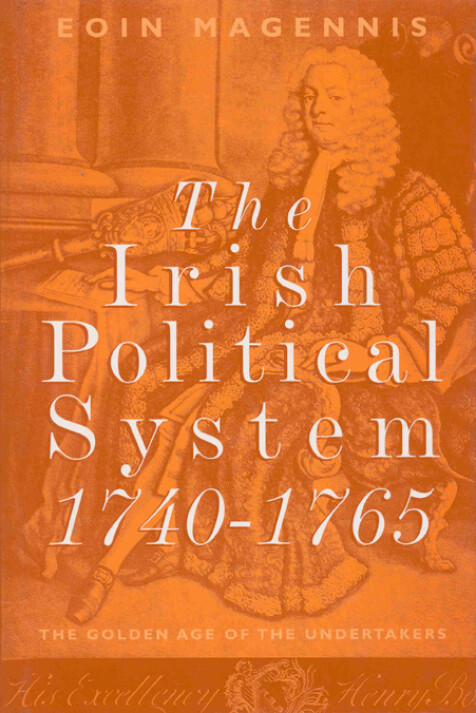The Irish political system, 1740–1765
The golden age of undertakers?
Eoin Magennis
The book provides a chronology of political developments in Ireland from the late 1740s to the late 1760s with an emphasis on the Irish parliament, its management and the growing impact on it of public opinion or 'popularity'. This period is often described as the one when 'undertakers', that is, those politicians who managed the Irish House of Commons in return for the status of government office and the disposal of patronage, dominated the political scene. Viceroys in Dublin Castle were said to bow before their will until ministers in London decided that enough was enough and abolished this management system in the late 1760s.The book does not seek to overturn this bigger picture but to refine the ways in which mid-18th-century Ireland can be seen. The idea that the undertakers became all-powerful, especially after the Money Bill Crisis of 1753, is placed under the microscope and found to be flawed. The argument that British ministers increasingly sought reform of Irish politics is also addressed and, once more, found to be problematic. Finally, the book looks at Patriot politics, what they meant in this period and their place within Irish political culture. In these different ways the structure of Irish parliamentary politics revealed here will surprise those who have long seen the period as the 'long peace' between the turmoil that marked early and late-18th-century Ireland.
Dr Eoin Magennis has lectured in Irish history at Queen's University, Belfast, and is now education officer in the Linen Hall Library.

